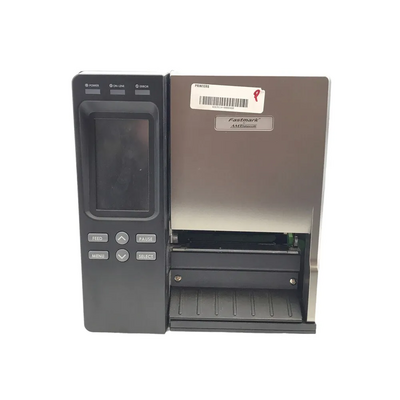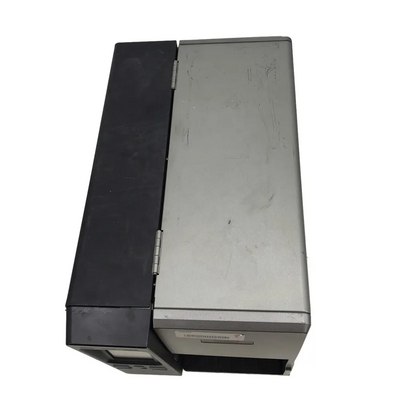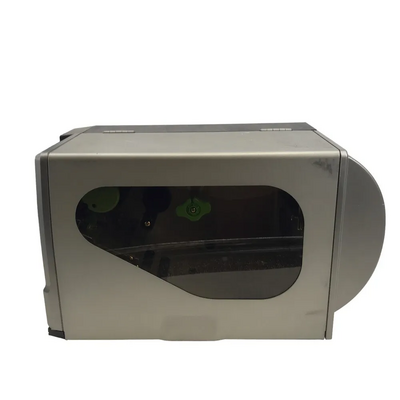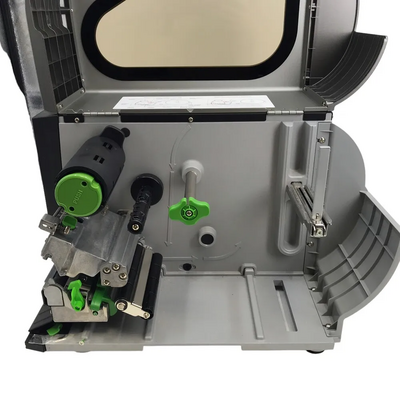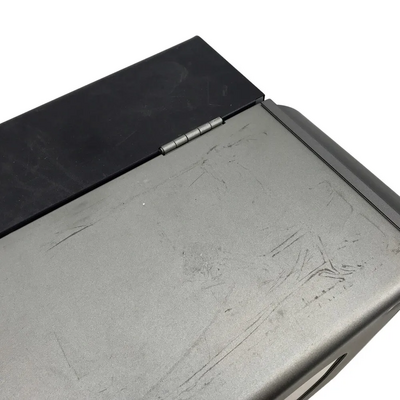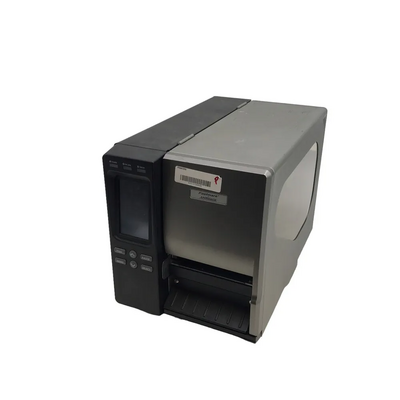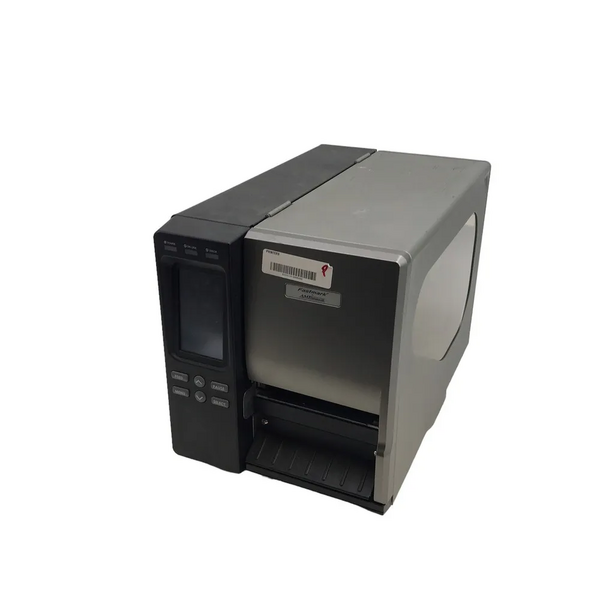
Fastmark M7 XPd
| Brand | Fastmark 1998 |
| Model | M7 XPd |
| Released Year | 1998 |
| Type | Printers |
| Status | Discontinued |
Quick view
Overview
The Fastmark M7 XPd is an office printer designed during the late 1990s, using impact dot matrix printing technology. It supports a print resolution of up to 240 x 144 dpi, optimized for crisp text and simple graphics. The device features a tractor feed system suitable for continuous paper, enabling high-volume printing tasks. Connectivity options typically include parallel and serial ports, compatible with multiple operating systems of that time. The printer is capable of handling multi-part forms, a common requirement in business environments. It is engineered for robust performance in office settings, prioritizing durability over high-speed output.
Specifications
| Type | Label Printer |
| Technology | Thermal |
| Product Line | Fastmark |
| Output Type | Black & White |
| Connectivity | Parallel port, Serial port |
| Input Type | Black & White |
| Features | n/a |
| Model | M7 XPd |
| Maximum Resolution | 203 x 203 DPI |
| Supported Paper Size | n/a |
| Black Print Speed | 14 ips |
| Memory | n/a |
| Country/Region of Manufacture | Unknown |
| Manufacturer Warranty | n/a |
| Scanning Resolution | n/a |
| Supported Scanning Sizes | n/a |
| Color Depth | n/a |
| Grayscale Depth | n/a |
| Image Sensor | n/a |
| California Prop 65 Warning | n/a |
| MPN | NA |
| UPC | NA |
| Printer Type | Impact Dot Matrix Printer |
| Print Resolution | 240 x 144 dpi |
| Print Speed | Up to 300 characters per second |
| Paper Handling | Continuous feed paper with tractor feed |
| Multiform Printing | Supports multi-part carbonless forms |
| Operating Systems | Compatible with DOS, Windows 3.x/95 |
| Dimensions | Approx. 450 x 300 x 200 mm |
| Weight | Approx. 8.5 kg |
| Power Supply | AC 110-240V, 50/60 Hz |
| Noise Level | Approximately 60 dB during printing |
| Discontinued | Yes |
Images
Key Advantages
The M7 XPd's robustness ensures long-term reliability in demanding office environments. Its compatibility with multi-part carbonless forms makes it ideal for invoicing and business documentation. The tractor feed mechanism reduces paper jams during continuous printing tasks. Its comparatively low operating costs make it economical for bulk printing jobs. The printer's straightforward maintenance procedures minimize downtime. Additionally, it supports several standard printer control languages suited for legacy computing systems.
Limitations
The print quality is limited compared to modern laser or inkjet printers, producing mainly text and low-resolution graphics. It operates at a slower speed relative to contemporary printers, affecting productivity. The impact printing mechanism produces higher noise levels, which may be disruptive in quiet office environments. Lack of advanced connectivity options like USB or network interfaces limits integration with modern systems. The device does not support color printing, restricting its use to monochrome output. Spare parts and accessories have become difficult to source due to its outdated status.
FAQ
What printing technology does the Fastmark M7 XPd use?
The Fastmark M7 XPd uses impact dot matrix printing technology.
What type of paper does the M7 XPd support?
It supports continuous feed paper with a tractor feed mechanism, ideal for multi-part forms.
What are the connectivity options available for the M7 XPd?
Typically, it includes parallel and serial port connectivity compatible with legacy systems.
Is the Fastmark M7 XPd still in production?
No, the Fastmark M7 XPd printer has been discontinued.
Can the M7 XPd print in color?
No, this printer supports only monochrome printing.
What is the maximum print resolution of the M7 XPd?
The maximum print resolution is approximately 240 x 144 dots per inch.
Are replacement parts for the M7 XPd readily available?
Due to its discontinued status and age, replacement parts are difficult to find.
Disclaimer
The content on is provided for general informational purposes only. We do not guarantee the accuracy, completeness, or reliability of any information, specifications, or visuals presented on the site.
is not responsible for any content, images, or data uploaded or shared by users. Users are solely responsible for the content they submit.
We may include links to third-party websites for convenience. We do not endorse or take responsibility for the content or policies of any external sites.
Use of the site is at your own risk. Always verify critical information independently before making decisions based on content from this website.

